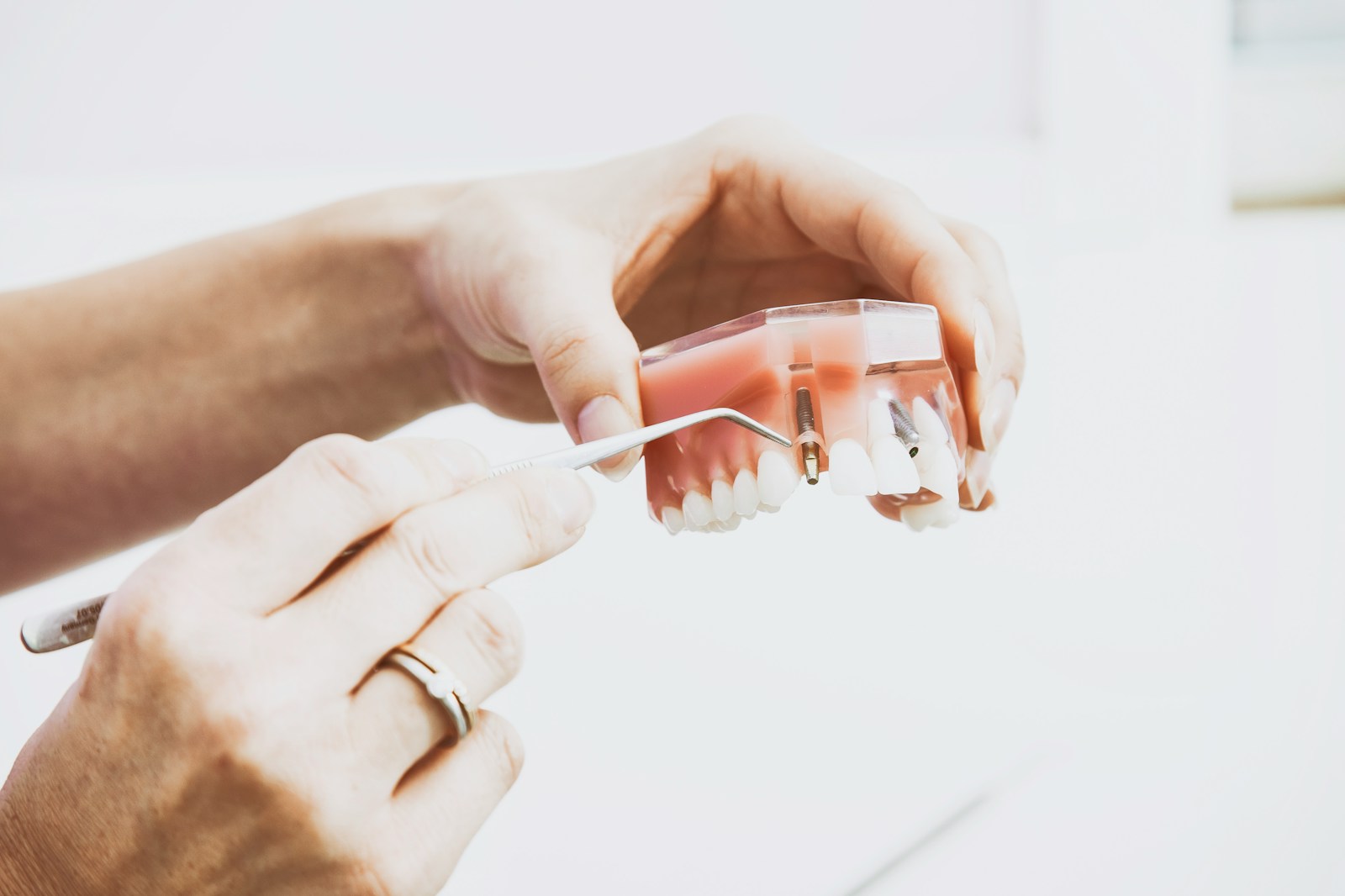A dental hygienist is a state regulated healthcare professional, who performs tasks on the patron’s mouth that may only be ordered by a dentist. They also have the following responsibilities in maintaining oral health; they clean the teeth, assess patients for oral disease, and teach them ways of maintaining healthy teeth.
Dental hygienists can work in dental clinic, hospital, or other health care facilities. Its work involves trying to cure, apply technology, and teach patients about proper oral hygiene which is an essential aspect of people’s quality of life.
Resume Description for This Job
When crafting a resume for a dental hygienist role, emphasize your clinical skills, patient care experience, and knowledge of oral health practices.
Sample Resume Description:
“Certified Dental Hygienist with over 3 years of experience providing exceptional patient care and preventive oral healthcare services. Skilled in performing dental cleanings, taking X-rays, and educating patients on oral hygiene. Adept at working with diverse patients, including children and those with dental anxiety, while maintaining a calm and professional demeanor.”
Key Skills to Highlight:
- Proficiency in dental cleaning and scaling procedures.
- Knowledge of oral health education and disease prevention.
- Experience with dental tools, X-rays, and software.
- Strong communication and patient-care skills.
- Attention to detail and adherence to safety protocols.
Feel free to adjust details to better match your experience!
Salary (Based Range in USA)
The salary of dental hygienists in the United States varies depending on experience, location, and work setting.
- Entry-Level Salary: $55,000 – $70,000 per year.
- Mid-Level Salary: $70,000 – $85,000 per year.
- Experienced Professionals: $85,000 – $100,000+ per year.
States like California, Washington, and Massachusetts often offer higher salaries due to increased demand and cost of living. Hygienists working in specialized clinics or hospitals may also earn more.
Responsibilities

A dental hygienist’s primary responsibility is to assist dentists and ensure patients receive top-notch oral healthcare.
Core Responsibilities:
- Dental Cleaning: Perform teeth cleaning, scaling, and polishing to remove plaque, tartar, and stains.
- Examinations: Inspect patients’ teeth and gums for signs of oral diseases like cavities and gingivitis.
- X-rays: Take and develop dental X-rays for diagnosis.
- Patient Education: Educate patients on proper brushing, flossing, and other oral hygiene practices.
- Preventive Care: Apply fluoride treatments and sealants to protect teeth.
Additional Responsibilities:
- Maintain and sterilize dental equipment.
- Record and update patient dental histories.
- Assist dentists during procedures, if necessary.
- Collaborate with the dental team to create treatment plans.
- Stay updated on new oral care techniques and tools.
Qualifications
To become a dental hygienist, individuals need a mix of education, licensure, and soft skills.
Educational Requirements:
- Associate’s degree in Dental Hygiene (minimum requirement).
- Bachelor’s degree in Dental Hygiene for advanced roles or specialization.
Licensing Requirements:
- Pass the National Board Dental Hygiene Examination (NBDHE).
- Obtain state-specific licensure.
Key Skills and Attributes:
- Technical Proficiency: Mastery of dental tools and techniques.
- Communication Skills: Ability to explain oral care practices clearly to patients.
- Attention to Detail: Precision in detecting oral issues and performing cleanings.
- Compassion: Empathy towards patients, especially those with dental anxiety.
- Teamwork: Ability to collaborate effectively with dentists and other dental staff.
FAQs
Q1: What does a dental hygienist do daily?
Dental hygienist daily working responsibilities are cleaning a patients teeth, assess the patient for oral diseases, taking radiograph also teaching patient about oral hygiene.
Q2: Is becoming a dental hygienist difficult?
Dental hygienist is a career that really takes time and commitment once in the course and following an accredited program it is fairly achievable and should be attempted by anyone with an interest in dental and oral hygiene.
Q3: Can dental hygienists work part-time?
Yes, a high number of dental hygienists work part-time or shift work, which may make it appealing to people that don’t want to work full time.
Q4: Should dental hygienists have to work during weekends?
This depends on the employer. Even some dental offices provide opportunity to make appoint on the weekends and that’s why hygienist has to work on the weekends.
Q5: Dental hygienists face opportunities for career growth in what ways?
The readers will also get to learn that opportunities are availed to dental hygienists which entail education, research or specialized dentistry. A bachelor’s or master’s degree facilitate one to the better career opportunities in the respective field.
Conclusion
Dental hygienist as a professional is a unique specialist trained to support the dental care process, both effectively and empathetically. Dental hygienists come across as caretakers of patient’s dental health while carrying out cleanings, checking for primary symptoms of oral diseases and/or offering knowledge to patients on how to protect their oral cavity.
Dental hygienists love helping people and the field offer job security, decent wages and the ability to truly help patients. It will be suitable for you if you love working with people, show a lot of commitment, and good detail to detail, then you will be suitable for this kind of job.
